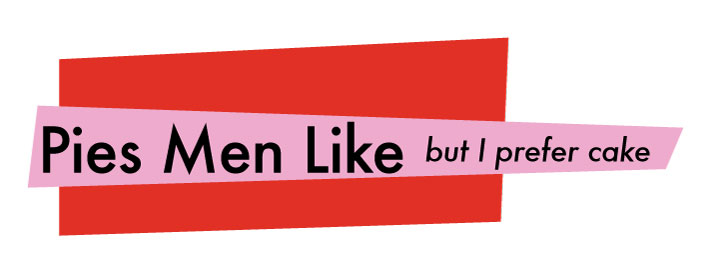Within a few hours of realizing this was a whole book, I had read the whole thing and gone to sleep highly dissatisfied with absolutely everything about dating, both in theory and for myself. If this concept liberates you from an unsatisfying relationship, then great. If it helps you keep from making an utter fool of yourself, then great (and by "you" and "yourself" I mean "me" and "myself"). But it just seems too simple to account for all the interesting bits and bobs about actual people and their incredibly varied relationships. I know the authors would just tell me I've been brainwashed to say that, and that I'm just making excuses. They're probably right, but I also can't bear to give up on the idea that one statement cannot possibly capture all the possible contexts and combinations.
For the record, if I applied the authors' definitions to all of my past entanglements, there would be three whole guys who had been that into me. The ninth grade creep, who definitely came after me but then quickly scared me off by watching me open my locker and then stored my combination in his calculator watch (it was 1989, remember); the junior year real, true boyfriend, who broke my heart by dumping me when he started doing drugs; and the Canadian, who was gay and has just invited me to his wedding. Even though I'm not sure I wholly care, it never feels good to be left with only three examples of being loved.
They'll say I'm being naive, but I'll say my life is more complicated than that.
I also think the authors' statement that "you are exceptional, but you are not the exception [to the rule that 90% of the time a man's weird behavior just indicates HJNTIY]" - I mean, that doesn't even make sense gramatically. But by the very definition of the term, not everyone can be exceptional. And as the female author points out, the math debunks the idea that there is a "good man" out there for every woman who wants one. And that when you don't meet people very often, it's hard to give up one someone who seems good. So what does that leave these girls with? They don't answer that, which is okay, since it's outside the scope of their book. Their idea just raises a lot more problems than it clears up.
But then again, the book is probably meant mainly to be funny anyway. Are we so desperate for self-help that we can't take a joke? Probably.
